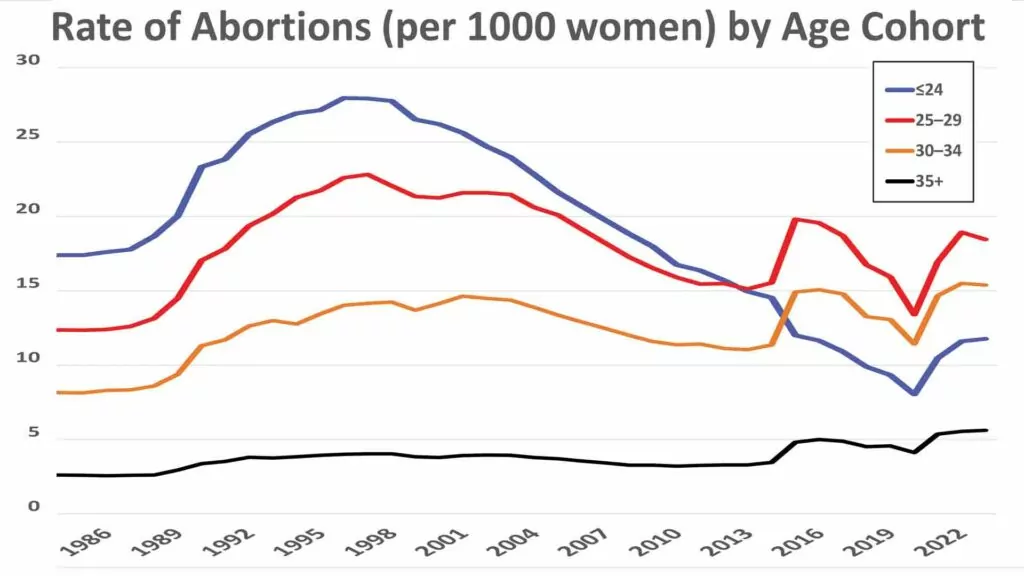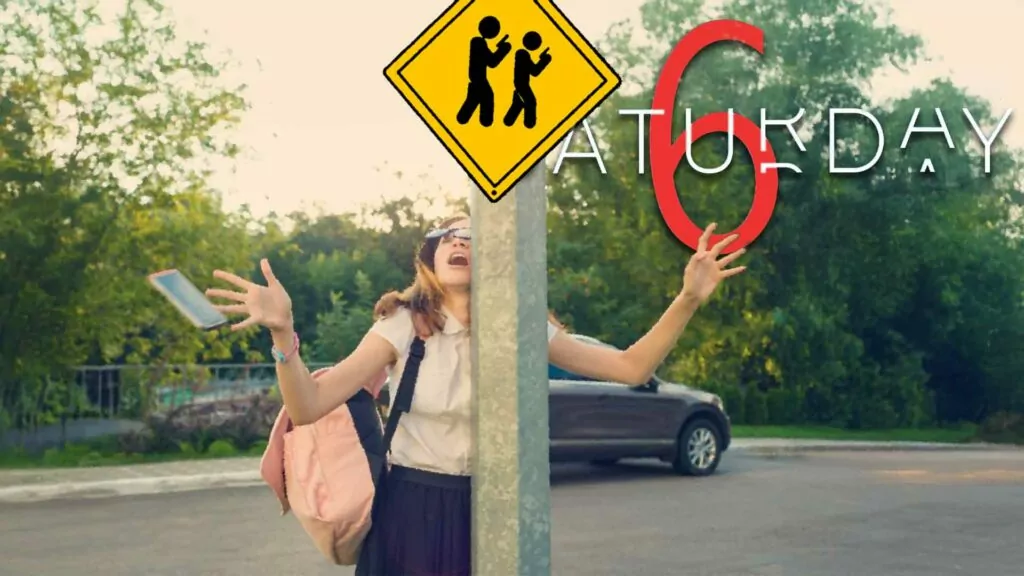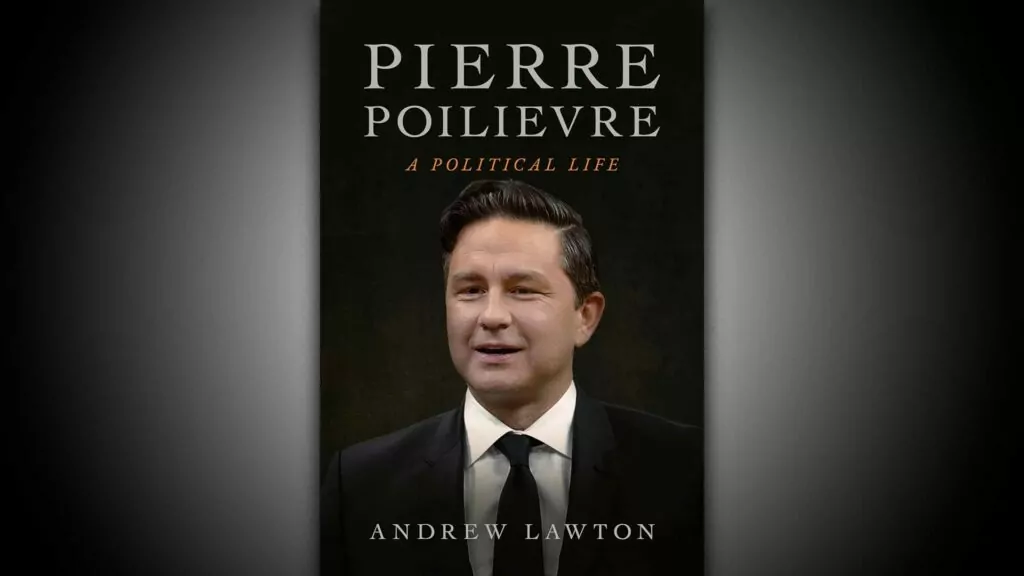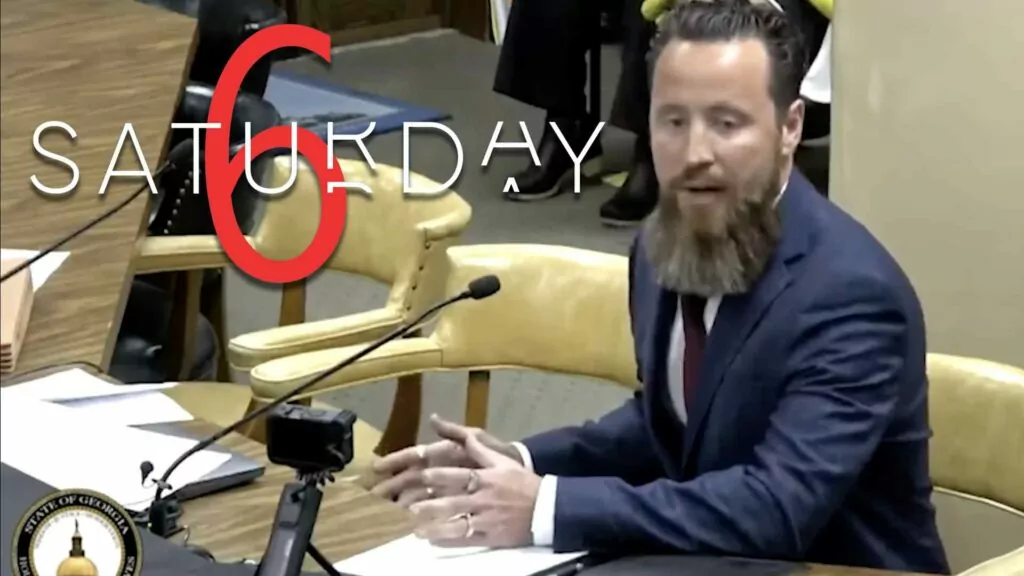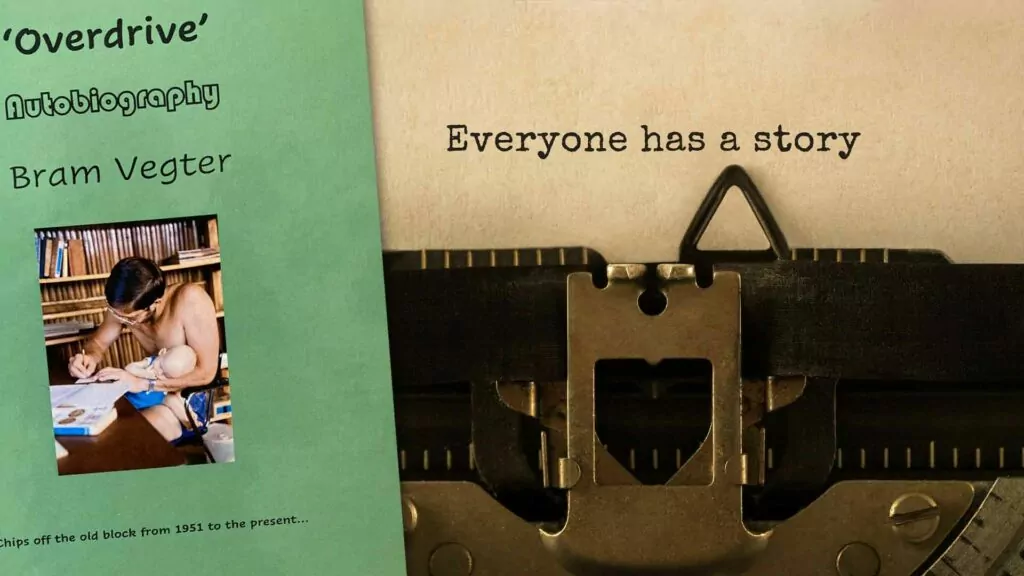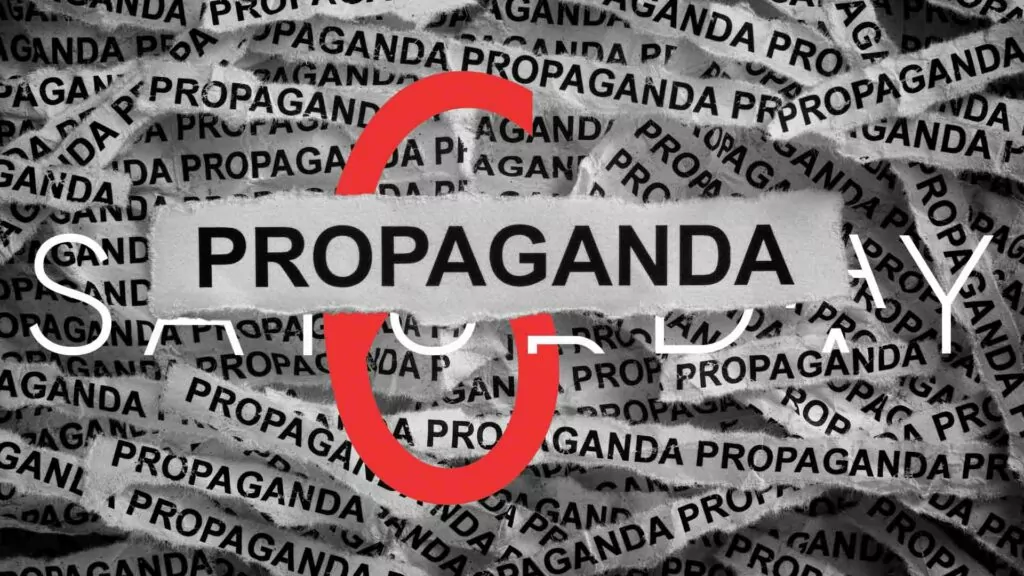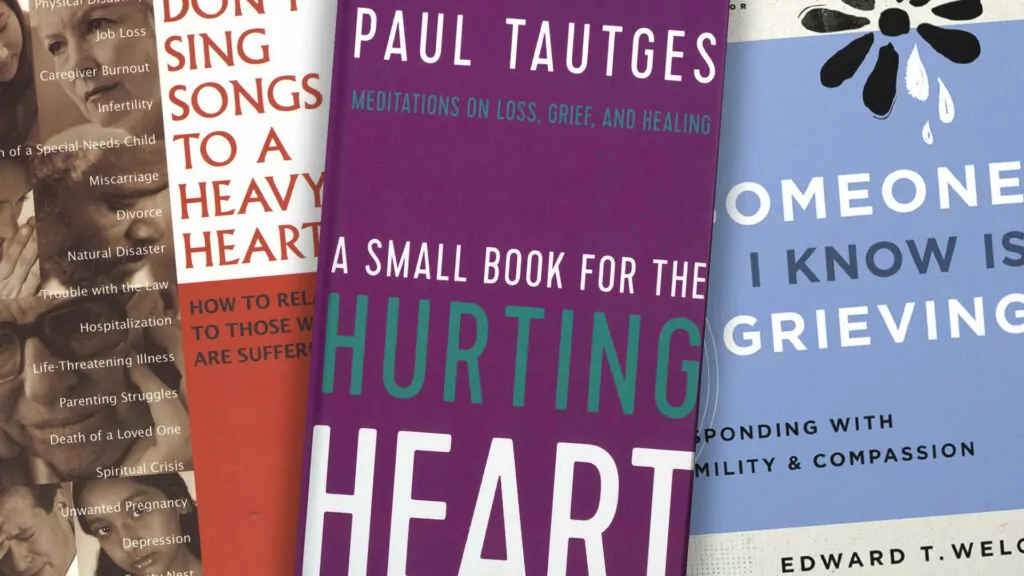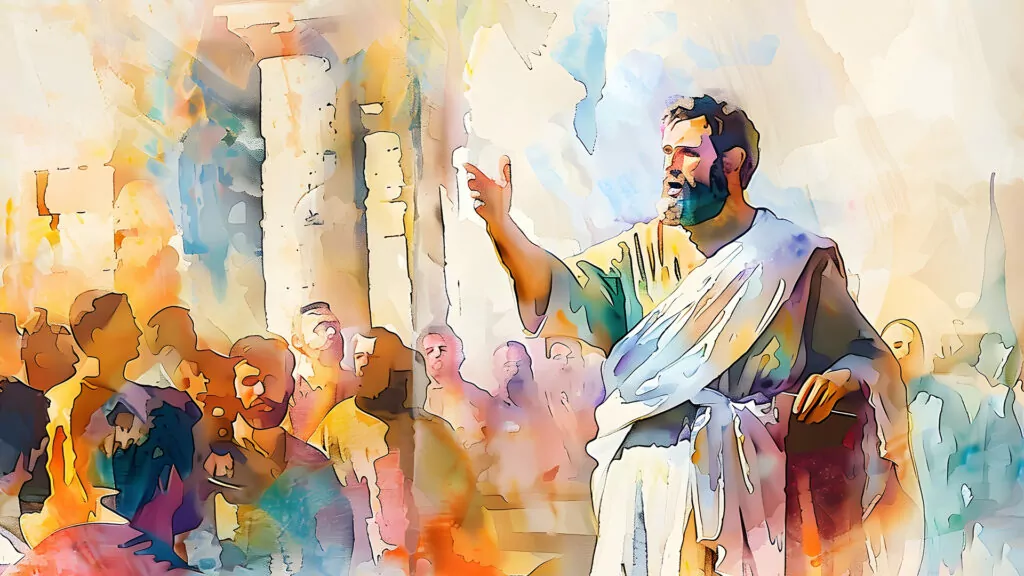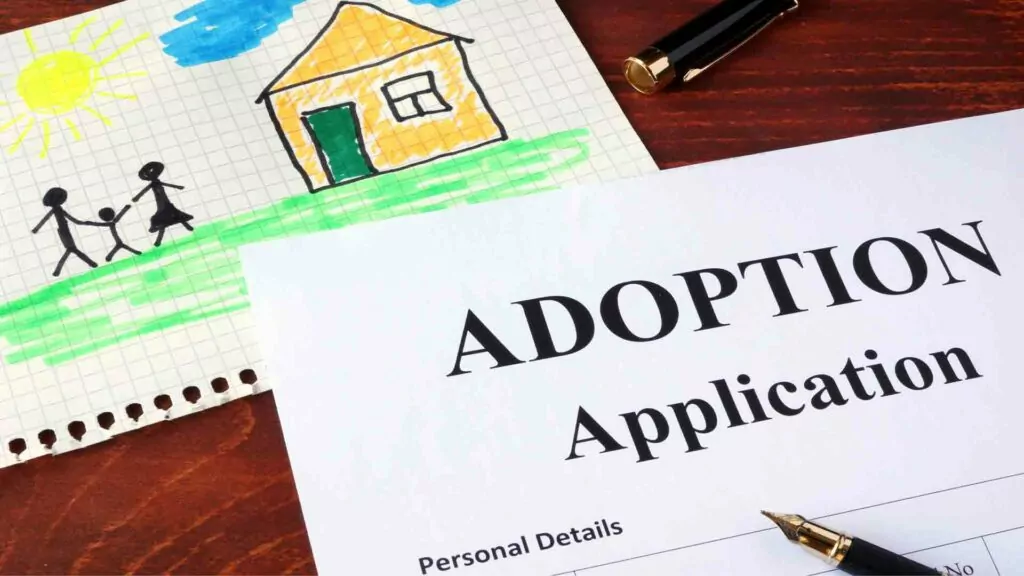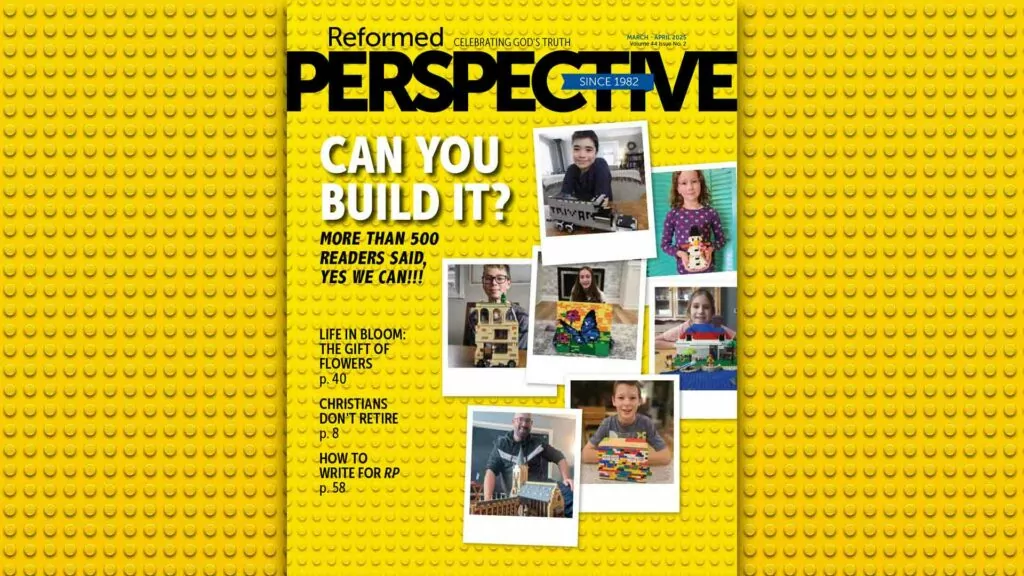A principled (and practical) guide to tithing
Twice every Sunday the offering plate comes your way. What do you do? Do you chip in whatever you have in your wallet, do you have a cheque already written out, or will you send an e-transfer later in the week? Do you abide by whatever tithing tradition your parents instilled in you, or look around to see what everyone else does, or do you have your own rationale of how to give?
How we tithe is an intensely practical question for everyone, but perhaps one that you’ve not given much thought. Here are some biblical principles for tithing, followed by some practical suggestions, from my experience as a deacon and as a manager of a personal household budget, of how to apply these biblical principles in our offerings.
1. God owns everything
The first principle that we need to recognize when we consider tithing is the fact that everything ultimately belongs to God and not to us. As the Creator and Sustainer of all things and the Redeemer of His people, God not only is the ultimate owner of everything, but we owe Him everything. Like the servants in the parable of the talents (Matt. 25:14-39), we are merely temporary stewards of the blessings that God has given us.
The tithe – 10% – is a reminder of that fact. Abram offered the first recorded tithe in Genesis 14, when he gave a tenth of the spoils from the defeat of Chedorlaomer to Melchizedek, the priest of God Most High. Jacob also vowed to give God a tenth of everything (Gen. 28:22). This voluntary tithe was enshrined in God’s law in Numbers 18:21-24, when God commanded the Israelites to give a tithe every year to support the Levites and the tabernacle.
The disposition of our heart should not be “how little of my hard-earned money do I have to part with” but “how much of God’s blessings am I able to give back to Him?”
2. Our heart (not just the %) matters
We see cheerful and abundant giving throughout Scripture, whether it was the Israelites giving overabundantly for the construction of the temple (Ex. 35:20-36:7), the early Church freely sharing their possessions (Acts 4:32-37), and later congregations collecting for needy churches (Rom. 15:25-28, 1 Cor. 16:1-4, 2 Cor. 8:1-5, 2 Cor. 9:1-15).
It is entirely possible to give large sums of money to the LORD but without the right motivation. In Acts 5, Ananias and Sapphira sold a piece of property and gave some of the proceeds to the disciples. And yet they wound up dead because of their dishonesty. Instead, in 2 Corinthians 9:7, Paul famously reminds believers that
“each one must give as he has decided in his heart, not reluctantly or under compulsion, for God loves a cheerful giver.”
While it may be relatively easy to change our giving patterns, changing our heart from being a reluctant, to a cheerful, giver may be far harder. Yet we serve a God who delights more in a pure heart than external sacrifice, and we need to recognize that our giving should come from gratitude over God’s grace delivering us from our guilt. So we must set our hearts in the right direction when we give.
3. First fruits
The Bible also speaks to when we give. Men like Abel gave “the firstborn of his flock and of their fat portions” (Gen. 4:4) Throughout the books of the law, God commands the people of Israel to bring to Him the first fruits – not their last fruits – of their field and their flocks. Calling upon His people to bring their first fruits was a way that God set the priorities of His people: give to Me first and provide for yourselves after.
This practice also fostered a trust in God’s people that He would provide if His people obeyed Him and gave their first fruits to Him. In the days of Malachi, when the people of Judah were robbing God of their tithes and contributions (possibly because they thought that they were too poor to afford to tithe), God calls the people to:
“Bring the full tithe into the storehouse, that there may be food in my house. And thereby put me to the test, says the Lord of hosts, if I will not open the windows of heaven for you and pour down for you a blessing until there is no more need” (Malachi 3:10).
Questions to consider
With these general biblical principles established, here are some more practical suggestions of how we can live out these principles in our tithing.
A. How much should I give?
This is everyone’s biggest question as well as the one that will impact our lifestyle the most. And the usual Christian response is to tithe (to give 10% of our income).
But, interestingly, most Israelites were commanded to give more than a 10% tithe. God also commanded a second tithe every year to fund ceremonial feasts and festivals (Deut. 14:22-27). And every three years, the people were to give a third tithe that was to go not only to the Levite but also the poor (Deut. 14:28-29). They were also to provide for the poor in other ways that would have a financial cost, such as allowing the poor to glean the droppings and corners of the field (Lev. 19:9). So, in reality, the Israelites arguably tithed as much as 23.33% annually. (I say “arguably” because some theologians like John Calvin thought that the tithe to the poor every three years was simply a further explanation of how to spend the first tithe to the priests and Levites.)
We live in a different time period today. The civil and ceremonial law apply differently to the Church today. We don’t support one thirteenth of the population of the Church with our tithes (as the twelve tribes had to support the tribe of Levi in the Old Testament). We don’t have a calendar of feasts and festivals that require another tithe. Various institutions of society, such as the government, do a lot of the work of providing for the poor (through the taxes we pay). And so that strict command to give away 10% (or 20% or 23.33%) of our income may not bind us today.
But I still think that a 10% tithe is a good minimum for us all to strive to give. Even if you’re a student working a part-time job, an unemployed man collecting EI, or a retiree living off a pension, aim to give at least 10% back to the LORD. In Mark 12:41-44, Jesus watched many rich people putting large sums of money into the temple treasury. We have no idea what percentage of their regular income they brought. Perhaps some brought 5%, thinking that the sheer amount of money that they gave was more important than the relative percentage of the income they gave. Perhaps some brought exactly 10%, giving just as much as the law required, no more and no less. And perhaps some brought 15%, priding themselves on exceeding the demands of the law. But then a poor widow comes in and gives two small copper coins. Jesus says to His disciples:
“Truly, I say to you, this poor widow has put in more than all those who are contributing to the offering box. For they all contributed out of their abundance, but she out of her poverty has put in everything she had, all she had to live on.”
In other words, the widow gave 100%.
While we may not be called to give every cent that we earn to the Church, in The Ministry of Mercy, Timothy Keller calls Christians to give “sacrificially, until their lifestyle is lowered.” Following the call in Galatians 6:2 to bear one another’s burdens, he suggests that “we must give so that we feel the burden of the needy ourselves.” In support of this, he quotes Jonathan Edwards, who said,
“If we be never obliged to relieve others’ burdens, but when we can do it without burdening ourselves, then how do we bear our neighbor’s burdens, when we bear no burdens at all?”
Keller’s book is a real challenge to Christians to give more than just 10%.
Those more well off could and should give more. In 1 Corinthians 16:2, Paul commands the Corinthians “to put something aside and store it up, as he may prosper.” Those whom God has prospered are in a position to give more than those who are struggling. To use an example, those of us who earn the median family income in Canada of $98,390 and tithe 10% would give away almost $10,000. Those who earn double that – nearly $200,000 – and still give 10% would give $20,000. The rate of giving is equal. And the richer family gives away more. But who feels the impact of that tithe more?
The average family.
They might have to give up a vacation, live in a smaller house, or pass on enrolling their children in organized sports. The comparatively richer family probably doesn’t have to give up these things and could give far more before they really began feeling it.
B. Tithing pre-tax or post-tax?
If you do decide to give a certain percentage of your income regularly to the Church (say, 10%), some might ask, “should that 10% be pre-tax or post-tax?” Our response to this question may reveal where God and His Church are on our priority list.
Most of us don’t get the full amount of our paycheque. Even before our earnings are deposited into our bank account or we pick up our paycheque, the government takes its share, roughly about 25% of our salary through income taxes, CCP contributions, and EI premiums. If we give 10% of our take-home paycheque, what are we implicitly saying? That the government is entitled to its share first and in full and God gets a tithe of our second fruits (and a lesser amount to boot).
So consider giving of your income pre-tax, before the government claims its share.
C. Tithing at the beginning or end of the month?
Perhaps this isn’t a significant question in your mind, but again it may reveal your heart. If you write a monthly cheque or pre-authorize any bank withdrawals to the Church on the last day of the month, what does that say about your priorities? Are your priorities to make sure that you have enough money to pay your rent, your grocery bill, and your credit card statement and then give some of whatever is left over to the Church? Might this be how you implicitly think about giving?
And so, consider determining, as soon as you get your paycheque, what you are going to give back to God and His Church, giving to God of your first fruits rather than your leftovers.
D. Can I let the offering bag pass me by?
This is another question that many people would raise an eyebrow at. As long as I give my 10%, who cares when I give it?
As a deacon, I saw some people would wave away the offering bag during a service, implying that they had nothing to give that service. Others would write a few (though substantial) cheques a few times a year but give little during the remainer of the year. When December rolled around, we would often collect three or four times our usually monthly donations in a single month, suggesting that some people only gave at the end of the year.
A handful of people in the congregation gave much smaller amounts every week. We as deacons often thought to ourselves that we’d save a whole lot of time if we didn’t have to count as much cash, or input a lot of small cheques, from these frequent givers. But this attitude of giving a little bit every week again reflects a heart that always has giving back to the LORD written on it.
And again, there are Scriptural and confessional hints that we shouldn’t let the offering bag pass us by each Sunday. As already quoted in part, 1 Corinthians 16:2, says, “on the first day of every week, each of you is to put something aside and store it up , as he may prosper.” Based in part on this passage, Lord’s Day 38 of the Heidelberg Catechism, speaking of what God’s will for us is in the Fourth Commandment, says
“that the gospel ministry and schools for it be maintained, and that, especially on the festive day of rest, I diligently… bring Christian offerings for the poor.”
In the Old Testament, there are also a few warnings against appearing before the LORD empty-handed, even if these passages are not strictly related to tithing (Ex. 23:15, 34:20; Deut. 16:16).
So don’t let the offering bag pass you by. Even if the total amount that you give in a year doesn’t change, give often.
E. How can my tithing go the furthest?
Finally, we can be good stewards of our money by taking advantage of charitable tax advantages. Our federal and provincial governments give significant tax credits (typically 40-50%) to encourage charitable donations. That means that you can get up to 40-50% of your donations back on your tax return every year. If you are the average Canadian family earning $98,390, tithing 10%, and giving away almost $10,000, that could mean a return of $4,000-5,000. We are called to give taxes to whom taxes are due (Romans 13:6-7, Mark 12:13-17, Matthew 17:24-27), but if there are organizations that spend their money more efficiently or that labor more in the Kingdom of God than the government (and I’m sure we can think of many such organizations), making use of our charitable receipts is good stewardship. Through these tax benefits we can give even more generously to the most effective and godly organizations around us.
The key to getting that tax credit is that your donations need to bear your name so that your church can issue a tax receipt. So write cheques or donate cash in envelopes with your name on it. Cash tossed in the collection bag won’t get you a tax receipt, but I’ve heard of some churches allowing congregation members to buy “tokens” through cheque or directed cash so that they can get a tax receipt. This allows parents and children to still donate via the offering plate while taking full advantage of charitable tax receipts.
Conclusion
However you decide to give to your local church, consider both where your heart is and what your hands are doing. As James 2:18 says, “Show me your faith apart from your works, and I will show you my faith by my works.”
That includes our tithing....
